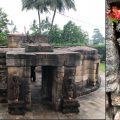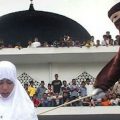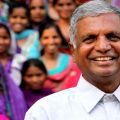This Odisha Engineer Left IBM Job to Empower Poor Tribal Women; 2500+ Women Empowered!
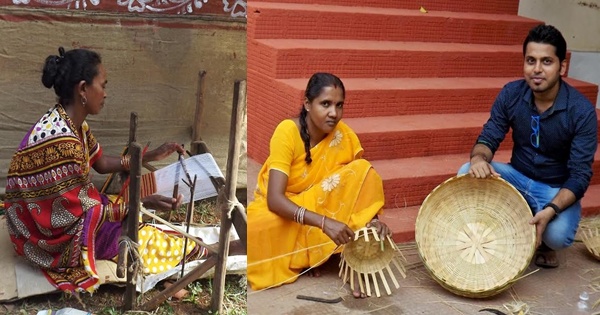
Caste discrimination, poverty, and illiteracy are a burning problem in our country. Sadly tribal folks are discriminated against the most. It is not unusual to see tribal womenfolk shouldering responsibilities to support their family. Vikash Das was deeply hurt when he became witness to an incident related to discrimination of a poor malnourished old tribal woman. And that was the turning point of his life.
He left his lucrative career – his IT engeeniring job in IBM, only to work wholeheartedly to empower poor tribal women. And he succeeded. Today he has empowered over 2500 tribal women artisans through his social entrepreneurship venture Vat Vrikshya, besides facilitating livelihood of tens of thousands of poor villagers across India. And his journey continues.
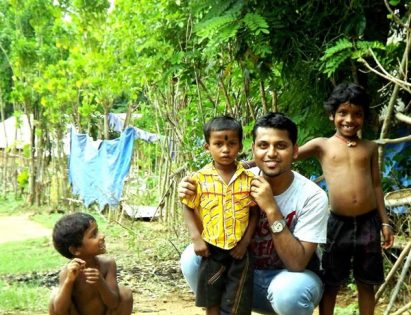
Vikash Das has been honored with numerous awards including the ‘National Youth Icon Award 2017’ for his role in transforming the socio-economic scenario of India by nurturing entrepreneurship among women in rural India. Through his initiative, he encouraged tribal rural women to be the change agents in their communities. He has been featured in numerous online and print media of national and international repute.
Vat Vrikshya aims to empower tribal women and their families to break the cycle of poverty, help them earn a steady income and gain access to education and healthcare.
He is also a speaker, delivering lectures on topics ranging from UN SDGS, capacity building to social entrepreneurship and more at various summits organized by the government and premiere institutions such as IIM, IIT, to name a few including universities.
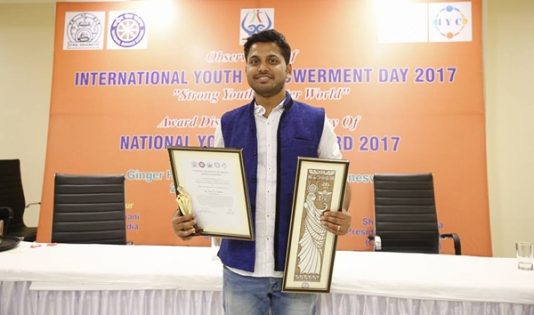
Here is an excerpt of an interview of social entrepreneur Vikash Das, taken by Manoshi Sinha, Editor of My India My Glory e-magazine.
Please tell us something about yourself.
I was born and raised in Balasore, Odisha. I have done Bachelor of Engineering in Information Technology and MS in software engineering. I was working with IBM prior to my social entrepreneurial journey.
How did the idea about helping tribal women crop up in your mind? Why did you leave your IBM software engineering job?
I was born and brought up in a tribal pre-dominant region of India so I had the chance of interacting with lots of tribal villagers in and around my town in Odisha. As I grew up, I witnessed how the tribals were neglected and ill treated by the mainstream society just because they were poor. As a kid I always wondered why God was so unfair to them and why he was not doing anything for them. Gradually I realized it’s us who could really bring in the change. I thought charity and few hours of volunteering works every week should serve my purpose.
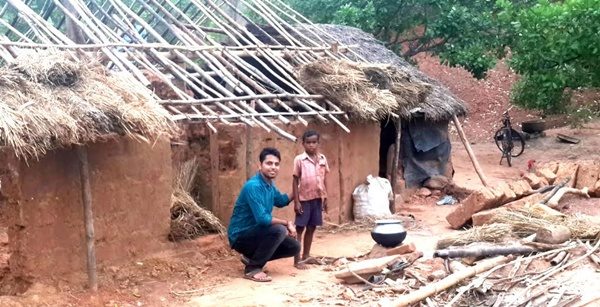
But something really happened during my vacation in my hometown in Odisha that changed my notion forever. I saw an old tribal woman holding her grandson and begging outside a temple. When she tried to enter inside the temple, she was literally abused and thrown out of the place.
I have always felt giving charity doesn’t solve problems and that is why few of the pressing problems in our world are still unresolved. What after the charity gets over?? So I thought of starting a self replenishing social business that could generate profit and utilizing that profit, tackling one of the biggest social problems in my region would be easy. It’s like teaching people to fish than to give them fish for a day.
Just because she was a tribal woman, she was considered impure and unclean. That was such a scandalous situation that for the first time a deep sense of responsibility emerged in my mind being part of the same society. That also set in motion a number of questions – ‘Why am I here? What is my purpose on this earth?’
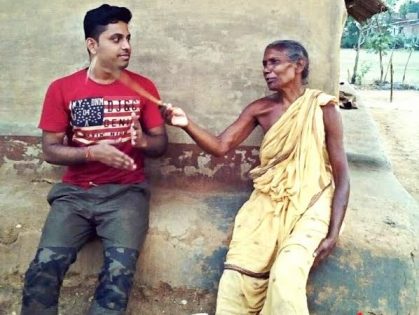
I have been so blessed and have been given so much not because I am better than most people, but because I have the opportunities to get there. A lot of people who deserve it don’t get there because they don’t come across the same opportunities.
Hence, I decided to start a sustainable social enterprise in Odisha that could create diversified livelihood opportunities for tribal women and rather than giving them charity, make them our business partners so that they could earn and live a dignified life.
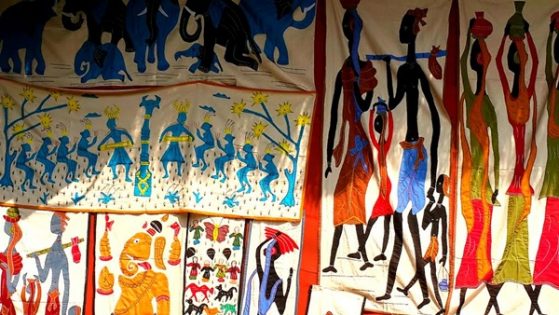
I have always felt giving charity doesn’t solve problems and that is why few of the pressing problems in our world are still unresolved. What after the charity gets over?? So I thought of starting a self replenishing social business that could generate profit and utilizing that profit, tackling one of the biggest social problems in my region would be easy. It’s like teaching people to fish than to give them fish for a day.
How many women did you help till date?
We have worked with 2500 tribal women artisans, impacting the lives of tens of thousands of other villagers in the country due to the ripple effect of broad based community development programs.
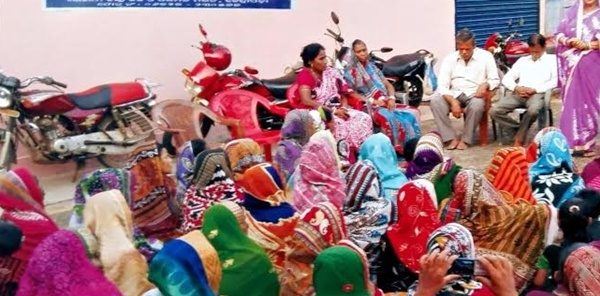
Tell us something about Vat Vrikshya.
Vat Vrikshya is one such social business organization based in India that aims to empower tribal women and their families to break the cycle of poverty, help them earn a steady income and gain access to education and healthcare.
We primarily focus on creating sustainable and diversified livelihood opportunities for tribal women to ensure that families are able to meet their basic needs. The additional projects of Vat Vrikshya include counseling about government services for financial inclusion, equipping women with necessary business skills and branding and marketing of tribal products.
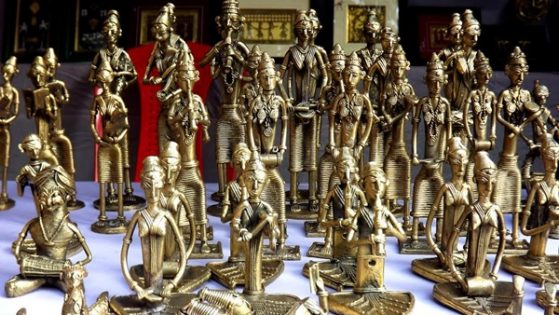
Vat Vrikshya follows a four pronged approach to development of tribal communities – research, network, educate and marketing and transparency. They begin their work by understanding the tribe’s culture, problems, community’s needs, interest and expertise, and then perform a SWOT analysis to figure out how they can help tribal communities to be the part of the solution.
We have worked with 2500 tribal women artisans, impacting the lives of tens of thousands of other villagers in the country due to the ripple effect of broad based community development programs.
Tribal women are connected with role models, such as successful women entrepreneurs from other tribal hamlets, creating opportunities for cross learning and networking. Vocational training is given to tribal women based on their areas of interest.
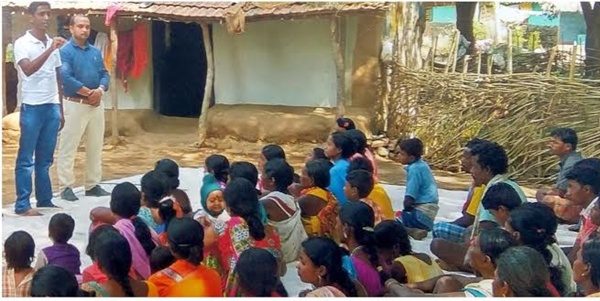
What are the regions covered under your social entrepreneurship initiative.
We are operational in tribal areas of Odisha, Jharkhand and Chattishgarh. We are expanding and wish to cover all tribal regions of India from east to west and north to south.
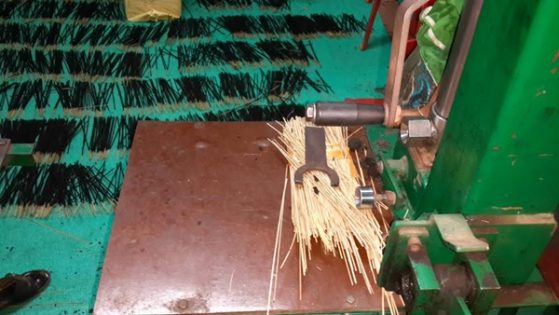
Hats off to the social change started by Vikash Das. More power to him! Empower tribal women in your area by connecting them with Vikash Das and Vat Vrikshya. To connect, send him mail at vikashdas.vv@gmail.com.

